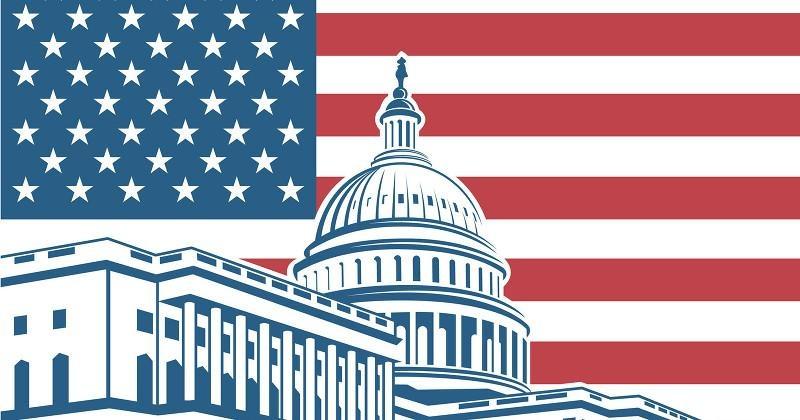
Unfortunately, it sounds like we’re just at the beginning of what could be a multi-week or multi-month coronavirus crisis, so handicapping the pandemic’s impact on the elections is premature. But there are at least a handful of questions that will lead us to understanding the fallout, once the situation and answers come into focus.
How will coronavirus affect Election Day?
After Louisiana and Georgia moved their presidential primaries to later dates, it’s natural to question how easy it would be to move the general election from Nov. 3. The answer: not very.
The New York Times did a great job of summarizing the key points. The general election has been set by federal law since 1845. That means to change the date, it would take “legislation enacted by Congress, signed by the president and subject to challenge in the courts.”
“And even if all of that happened, there would not be much flexibility in choosing an alternate election date: The Constitution mandates that the new Congress must be sworn in on Jan. 3, and that the new president’s term must begin on Jan. 20,” according to the Times. “Those dates cannot be changed just by the passage of normal legislation.”
That’s a lot more hurdles to jump than a governor making a decision, with approval from the secretary of state, to move a primary date. In addition, the current political environment, including a polarizing president and a divided Congress, would make it virtually impossible to agree on a major structural change. One party would likely see a delay as a benefit, the other a liability, making bipartisan action unlikely.
How will coronavirus affect the president’s standing?
President Trump’s job approval rating...

